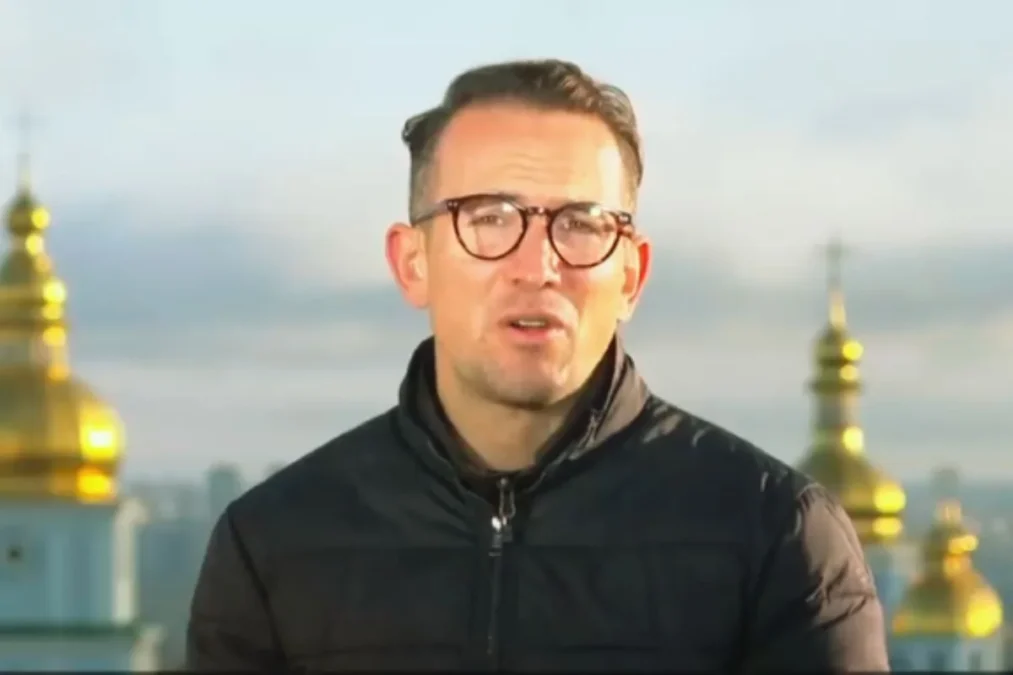When you listen to international correspondents, one of the first things you notice—apart from their reporting—is their voice. The accent, tone, and rhythm of speech become part of their identity, often shaping how audiences perceive their authority, warmth, and relatability. In the world of global news, one name that often sparks curiosity is Hugo Bachega, a respected journalist known for his insightful coverage of complex international stories. Yet beyond his professional achievements, there is a growing fascination with the Hugo Bachega accent—a subject that reveals deeper layers of cultural identity, linguistic heritage, and the influence of global careers.
This article dives into the story behind that accent, why it resonates with so many people, and what it tells us about the blending of cultures in today’s interconnected world.
The Power of an Accent in Journalism
Accents are more than sounds; they are cultural signatures. They tell a story before a single fact is reported. In journalism, where credibility and relatability are key, an accent can influence how audiences interpret the message.
For many reporters, the way they speak becomes part of their professional brand. A clear, neutralised accent can make reporting accessible to global audiences, while a distinctive one can add a unique identity. Listeners might lean in closer, captivated by the sound of a voice that feels both familiar and foreign.
In Hugo Bachega’s case, his accent has become a topic of intrigue, sparking curiosity not just about where he is from but also about the journey that shaped his voice.
The Story Behind Hugo Bachega
Hugo Bachega is a journalist recognized for his coverage of some of the world’s most complex regions. He has reported from war zones, political hotspots, and countries facing immense social transformations. His ability to convey stories with clarity and empathy has earned him respect across the journalism community.
Born in Brazil, Hugo grew up in a country where Portuguese is the dominant language. However, like many journalists who build international careers, he was exposed to English early on, particularly the globalized version of English often taught in schools and universities. Over time, his professional life led him across borders, shaping his voice in ways that blended his Brazilian roots with an international perspective.
This unique linguistic journey is what makes the Hugo Bachega accent so fascinating.
The Distinctiveness of the Hugo Bachega Accent
The Hugo Bachega accent cannot be easily categorized. It doesn’t fit neatly into the boxes of “British,” “American,” or “Brazilian.” Instead, it carries traces of multiple influences—a reflection of his life and career across continents.
For many listeners, the first impression is subtle: a slight softness in his vowels, perhaps a rhythm that suggests a multilingual background. Those who pay closer attention notice the occasional Brazilian undertone, mingled with the precision of international English. It is an accent that feels neutral enough to reach a wide audience, yet distinctive enough to stand out.
What makes it even more compelling is how it mirrors the identity of a journalist constantly navigating between cultures, languages, and perspectives. His voice becomes not just a tool for reporting but also a symbol of the global nature of journalism today.
The Influence of Multilingualism
One of the biggest factors shaping Hugo Bachega’s way of speaking is multilingualism. Growing up in Brazil meant Portuguese was his native tongue. However, pursuing journalism at an international level required fluency in English, and like many multilingual speakers, his accent reflects both languages.
Linguists often note that accents are shaped not only by the first language but also by the age and intensity of exposure to other languages. In Bachega’s case, his English carries a touch of Brazilian Portuguese cadence, while also displaying the clarity expected from a professional broadcaster. This balance is what makes his voice instantly recognizable to those who follow his work.
Why Audiences Notice Accents
In an era of global media, audiences are exposed to a variety of accents daily. Yet some stand out more than others. This happens because accents trigger curiosity about origins and stories. They become a bridge to understanding the human being behind the headlines.
The fascination with Hugo Bachega’s accent is not just about linguistics—it’s about identity. Listeners wonder: How did he develop this voice? What places shaped it? How does it influence the way he tells stories? These questions make his presence on screen or radio not only informative but also personally engaging.
The Global Significance of the Hugo Bachega Accent
In a world where borders are increasingly fluid, accents like Bachega’s reflect the reality of global citizens. They are not fixed, but adaptive—shaped by movement, education, and cultural exchange. The Hugo Bachega accent is significant because it embodies this global fluidity.
For young journalists and aspiring broadcasters, his voice is an example that one does not need to erase their roots to succeed internationally. Instead, embracing a unique way of speaking can become a strength. In fact, it can make a journalist stand out in a sea of standardized voices.
Neutrality vs. Identity in Reporting
There is an ongoing debate in journalism about whether correspondents should adopt a “neutral” accent to reach broader audiences. While some argue that neutrality ensures clarity, others believe that authenticity matters more.
Hugo Bachega demonstrates that it is possible to balance both. His accent is clear enough for international understanding, yet it retains a personal authenticity that makes him memorable. This duality enhances his storytelling, as audiences not only hear the facts but also feel the humanity behind them.
The Human Side of Hugo Bachega
Behind every journalist’s voice is a person with experiences, struggles, and dreams. For Hugo Bachega, the journey from Brazil to the world stage required not only professional dedication but also personal resilience. Adapting to different cultures, mastering a second language, and building a career far from home all leave traces in one’s speech.
Listeners who notice his accent are, in a way, picking up on this story. His voice carries echoes of Brazil, but also the discipline of international reporting. It is the sound of someone who belongs to many places at once, yet carries a piece of home wherever he goes.
Accents as Cultural Bridges
Accents often serve as bridges between cultures. When people hear Bachega speak, they may feel a sense of connection to Brazil, even if they have never been there. Others may admire his ability to navigate English with such fluency while retaining a unique identity.
This is the beauty of accents—they connect people beyond borders. They remind us that language is not just about communication but also about belonging.
Why the Fascination Will Continue
The intrigue around the Hugo Bachega accent will likely continue as long as he remains a visible figure in journalism. Audiences will always be drawn to voices that feel authentic, layered, and human. In a media landscape often dominated by polished neutrality, his accent offers a refreshing reminder of individuality.
Conclusion
At first glance, the fascination with Hugo Bachega’s accent might seem like a small detail compared to the weight of the stories he covers. But in truth, it represents something larger—the blending of cultures, the resilience of identity, and the human side of journalism.
His voice tells us not just about the news but about the journey of a man who has crossed borders, mastered languages, and embraced the complexity of being a global citizen. The Hugo Bachega accent is more than a sound—it is a story in itself, one that continues to captivate and inspire audiences worldwide.


